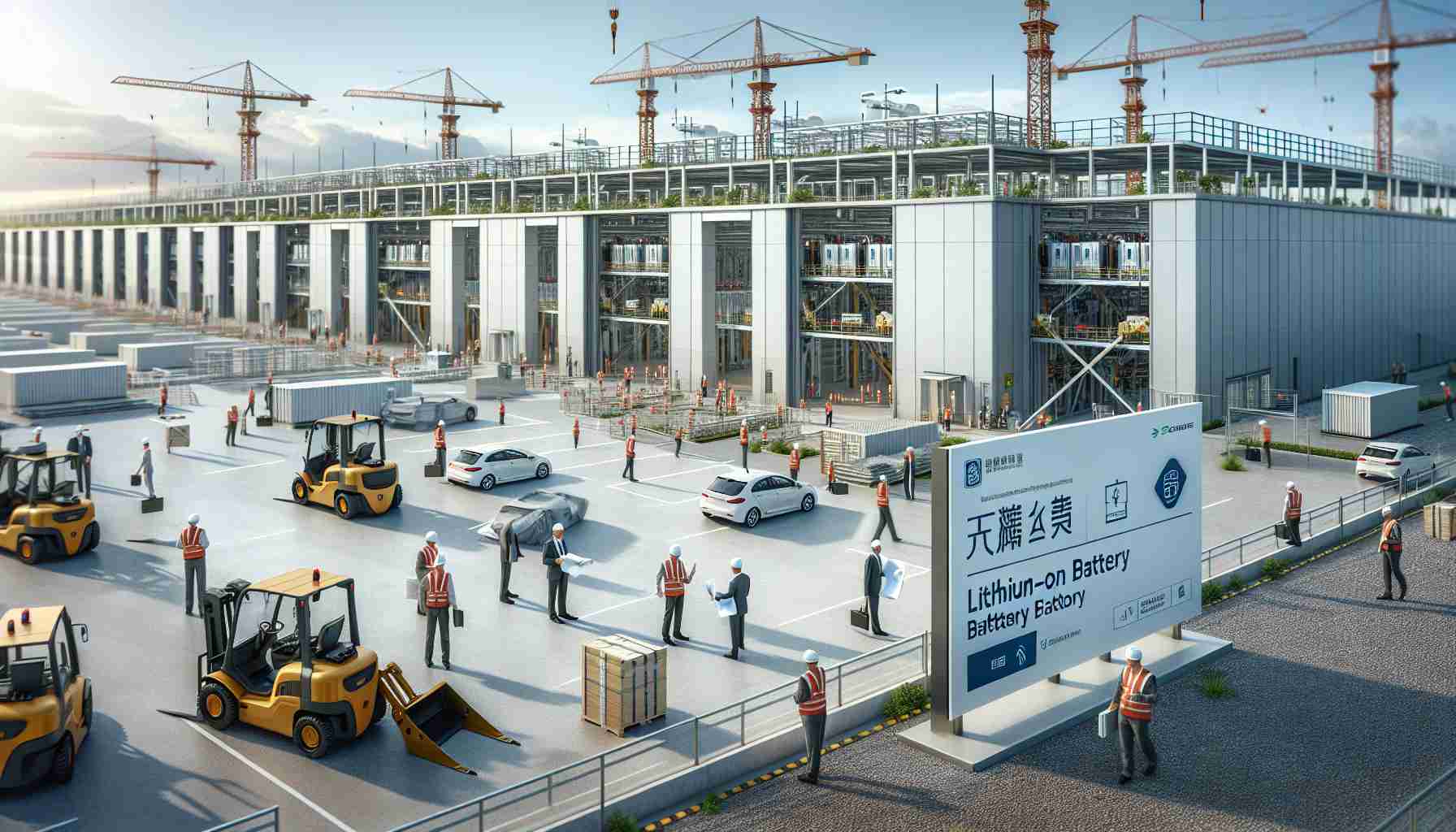Chinese manufacturer CALB has announced its intention to construct a lithium-ion battery factory in Portugal, according to the APA Portuguese environment agency. Portugal possesses the largest lithium reserves in Europe, the primary material used in electric vehicle batteries. The factory will be situated in the coastal town of Sines, approximately 100 kilometers (60 miles) south of Lisbon, and is expected to commence operations by the end of 2025.
APA emphasized that the factory would cater to the growing demand, particularly from the automobile industry. The project is currently undergoing a public consultation period until the end of February. Reports from Portuguese media suggest that the CALB project, valued at two billion euros ($2.2 billion), will entail the construction of five buildings and generate approximately 1,800 direct job opportunities.
Despite facing opposition from environmental non-governmental organizations and local residents, APA has already granted conditional approval for two lithium mining projects in northern Portugal. Lithium-ion batteries, which rely on lithium, cobalt, and nickel, are presently the dominant technology used in electric vehicles. The transition from internal combustion engine vehicles to electric ones forms a key component of the global green energy agenda.
With CALB’s investment in a lithium-ion battery factory, Portugal is well-positioned to reinforce its role in the electric vehicle market and leverage its abundant lithium reserves. The establishment of this factory not only contributes to the country’s economic growth but also aligns with its commitment to a sustainable and greener future.
FAQ:
1. What is CALB announcing in Portugal?
CALB, a Chinese manufacturer, has announced its intention to construct a lithium-ion battery factory in Portugal.
2. Where will the factory be located?
The factory will be situated in the coastal town of Sines, approximately 100 kilometers (60 miles) south of Lisbon.
3. When is the expected commencement of operations?
The factory is expected to commence operations by the end of 2025.
4. Why is Portugal an ideal location for the factory?
Portugal possesses the largest lithium reserves in Europe, which is the primary material used in electric vehicle batteries.
5. Who will benefit from the factory?
The factory will cater to the growing demand for lithium-ion batteries, particularly from the automobile industry.
6. How many job opportunities will the factory generate?
The CALB project is valued at two billion euros ($2.2 billion) and is expected to generate approximately 1,800 direct job opportunities.
7. Are there any concerns regarding the project?
There is opposition from environmental non-governmental organizations and local residents. However, the project has already been granted conditional approval by the APA Portuguese environment agency.
Definitions:
– Lithium: A chemical element used in the production of lithium-ion batteries, which are commonly used in electric vehicles.
– Lithium-ion Battery: A type of rechargeable battery that uses lithium ions to store electrical energy.
– Electric Vehicle: A vehicle that operates using one or more electric motors instead of an internal combustion engine.
Related Links:
– CALB Official Website
– APA Portuguese environment agency
– Official Portuguese Government Website
The source of the article is from the blog rugbynews.at
